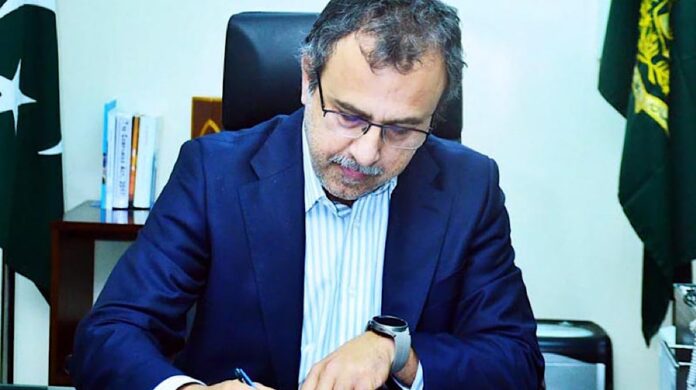Federal Minister for Power Sardar Awais Ahmad Khan Leghari met with a delegation led by Anna Bjerde, Managing Director Operations of the World Bank, to discuss Pakistan’s ongoing power sector reforms and explore avenues for further collaboration.
According to a press statement issued on Thursday, the minister outlined plans to introduce a competitive electricity market in Pakistan, marking a significant policy shift aimed at improving efficiency and reducing the government’s financial burden. He informed the delegation that an Independent System and Market Operator (ISMO) has already been established to facilitate this transition. Recruitment of experienced professionals is underway, and once operational, the ISMO will allow multiple buyers and sellers to operate in the electricity market—ending the government’s longstanding role as the sole power purchaser.
Leghari also highlighted recent progress in revenue recovery across the power sector and underscored the government’s commitment to replacing blanket subsidies with targeted support. He sought the World Bank’s assistance in designing and implementing a robust targeted subsidy mechanism, ensuring that only the most deserving segments of the population benefit from state support.
In response, Bjerde endorsed the shift toward targeted subsidies and expressed the World Bank’s full support for helping Pakistan achieve these reforms. She also welcomed the establishment of ISMO as a key milestone toward market liberalisation.
Addressing the issue of surplus electricity, the minister pointed out that Pakistan currently has an excess capacity of around 7,000 megawatts. Instead of letting this go to waste, Leghari proposed offering the surplus to industrial consumers at marginal cost—arguing that such a move would make Pakistan’s industrial electricity among the cheapest in the region. Bjerde concurred with the strategy, adding that better utilisation of existing capacity was both economically and environmentally prudent.
World Bank Country Director Najy Benhassine lauded the reform agenda and announced $55 million in additional funding to support the government’s efforts in transforming the power sector.




